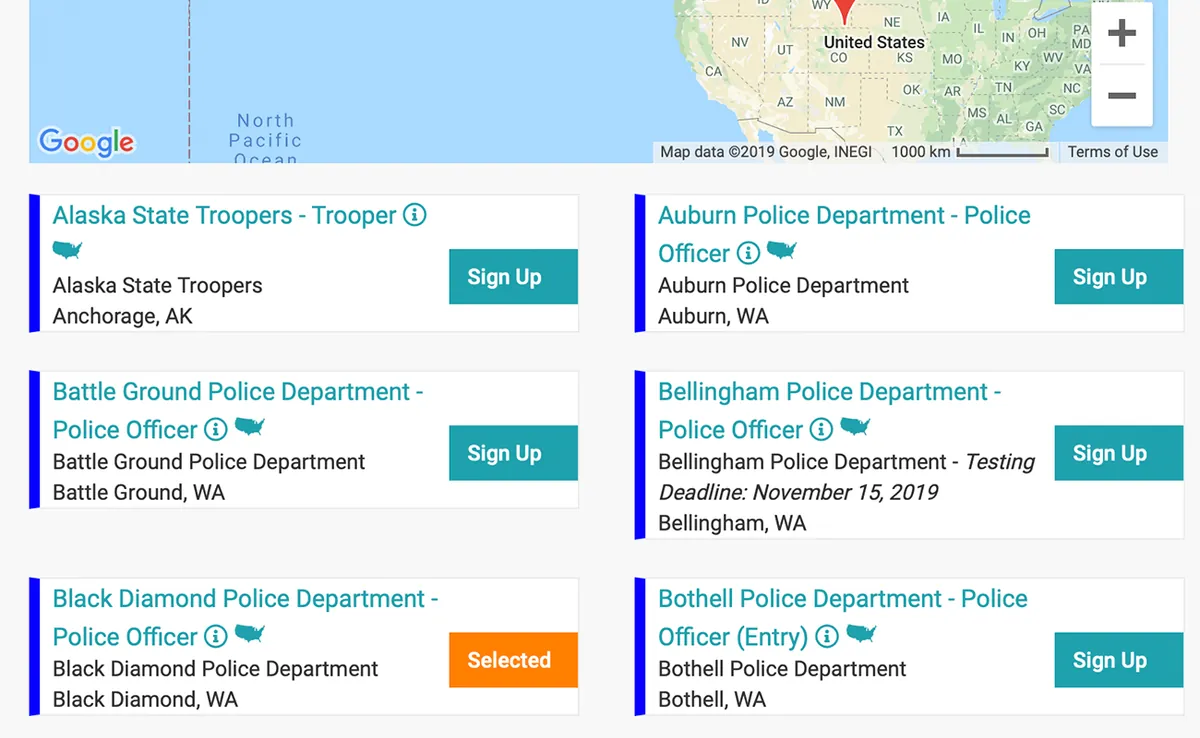California Breaks from National Bar Exam with $8.25M Kaplan Deal
California State Bar finalizes agreement with Kaplan for custom bar exam, departing from national standards. The move promises cost savings and flexibility in exam administration, impacting thousands of aspiring lawyers.

The California State Bar has taken a significant step in reshaping its attorney licensing process by finalizing an $8.25 million agreement with Kaplan Exam Services. This five-year deal marks a departure from the national bar exam standards and positions California as a trailblazer in legal education assessment.
Starting February 2025, California will implement its custom-designed bar exam, moving away from components developed by the National Conference of Bar Examiners (NCBE). This decision affects a substantial number of aspiring lawyers, as California represents the second-largest bar exam jurisdiction in the United States, surpassed only by New York. In 2023, 11,320 candidates participated in the California bar exam, underscoring the scale of this change.
The new exam format introduces flexibility in administration, allowing for remote testing or the use of test centers. This shift is expected to generate annual savings of up to $3.8 million by eliminating the need for large convention centers. These cost reductions are crucial for the State Bar's attorney admissions arm, which has been facing financial challenges.

The California Bar Exam, first administered in 1901, has long been renowned for its rigor. Historically, it has maintained a lower pass rate compared to the national average, contributing to its reputation as one of the most challenging in the country. The exam's high cut score has been a subject of debate and legal challenges over the years.
Steve Marietti, Kaplan's chief commercial officer, expressed the company's commitment to producing "qualified and practice-ready lawyers" through this collaboration. The agreement encompasses all aspects of the exam, including multiple-choice questions, essays, and performance tests.
While California forges its path, 23 other jurisdictions, including Florida and Illinois, have opted to adopt the NCBE's NextGen bar exam, set to launch in July 2026. This divergence highlights the evolving landscape of legal education assessment across the United States.
The State Bar has assured that the new exam will not "substantially modify" preparation requirements, maintaining consistency with the current test format. This consideration is crucial for the thousands of law graduates who invest significant time and resources in exam preparation each year.
"This historic agreement allows us to provide applicants with exam options that they prefer and also helps us close a significant deficit in the State Bar Admissions Fund."
California's innovative approach to bar examination reflects its unique position in legal education. The state allows graduates from non-ABA accredited law schools and those who have completed law office study to take the bar exam, offering alternative pathways to legal practice not available in many other jurisdictions.
As the legal profession continues to evolve, California's decision to customize its bar exam may set a precedent for other states to reconsider their approach to attorney licensing. The success of this initiative will be closely watched by legal educators, practitioners, and aspiring lawyers across the nation.


































